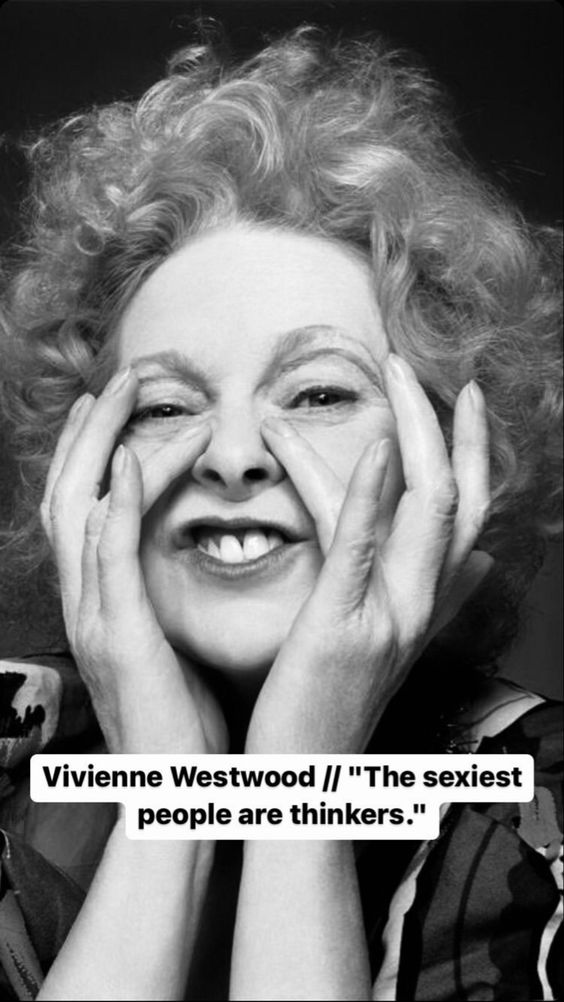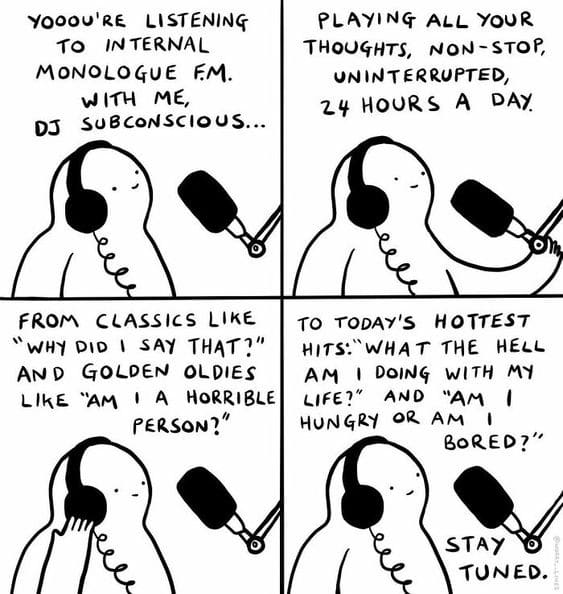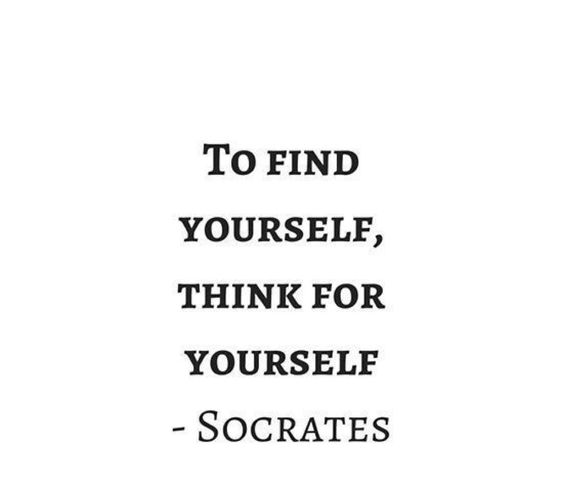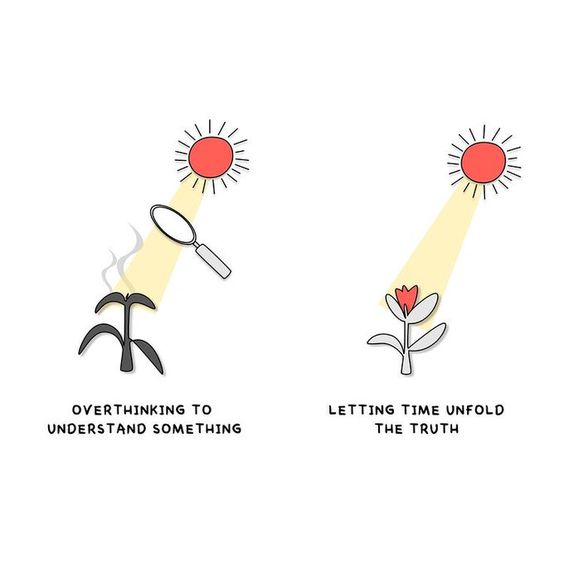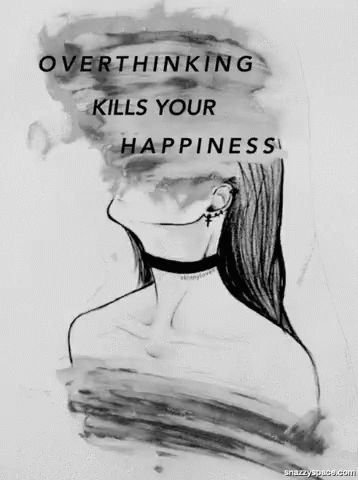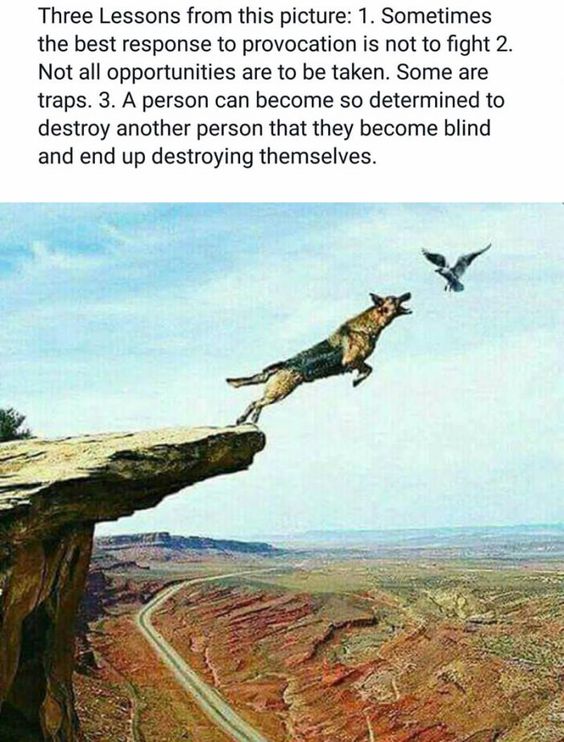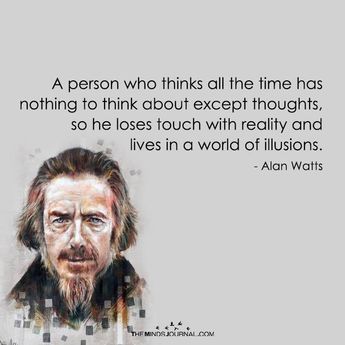“We know that between every stimulus and its response, every piece of information and our decision, there is space. It is a brief space, to be sure, but one with room enough to insert our philosophy. Will we us it? Use it to think, use it to examine, use it to wait for more information? Or will we give into first impressions, to harmful instincts, and old patterns? The pause is everything.”
Ryan Holiday, Discipline Is Destiny (Page 113)
“He mused deeply, descending to the very bottom of this sensation as if through deep water, all the way down to where the causes rest. For, it seemed to him, thinking is recognizing causes, and that is the only way in which sensations become insights: they are not lost, they become substance and begin to radiate what is within them.”
Hermann Hesse, Siddhartha (Page 35)
“If one wants to see a thing very clearly, one’s mind must be very quiet, without all the prejudices, the chattering, the dialogue, the images, the pictures—all that must be put aside to look.”
J. Krishnamurti, Freedom From The Known (Page 103)
“The faster and busier things get, the more we need to build thinking time into our schedule. And the noisier things get, the more we need to build quiet reflection spaces in which we can truly focus.”
Greg McKeown, Essentialism (Page 68)
“We need space to escape in order to discern the essential few from the trivial many. Unfortunately, in our time-starved era we don’t get that space by default—only by design.”
Greg McKeown, Essentialism (Page 64)
“To purify our thoughts, monks talk about the process of awareness, addressing, and amending. I like to remember this as spot, stop, swap. First, we become aware of a feeling or issue—we spot it. Then we pause to address what the feeling is and where it comes from—we stop to consider it. And last, we amend our behavior—we swap in a new way of processing the moment.”
Jay Shetty, Think Like A Monk (Page 32)
Think Like A Monk [Book]
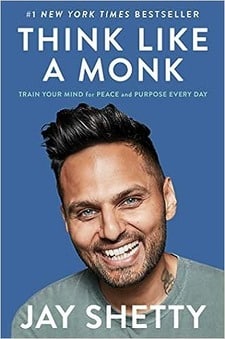
Book Overview: In this inspiring, empowering book, Shetty draws on his time as a monk to show us how we can clear the roadblocks to our potential and power. Combining ancient wisdom and his own rich experiences in the ashram, Think Like a Monk reveals how to overcome negative thoughts and habits, and access the calm and purpose that lie within all of us. He transforms abstract lessons into advice and exercises we can all apply to reduce stress, improve relationships, and give the gifts we find in ourselves to the world. Shetty proves that everyone can—and should—think like a monk.
Post(s) Inspired by this Book:
“Thoughts are not facts. They are a mix of opinions, judgements, stories, memories, theories, interpretations, and predictions about the future… Just as thoughts are not facts, feelings are not facts either. Emotions are information, but when that information is powerful, intense and loud, as emotions can be, then we are more vulnerable to believing in them as a true reflection of what is going on. I feel it therefore it must be a fact. Emotional reasoning is a thought bias that leads us to use what we feel as evidence for something to be true, even when there might be plenty of evidence to suggest otherwise.”
Julie Smith, Why Has Nobody Told Me This Before?
A Short Story About A Centipede and A Frog—and How To Better Balance Thinking and Being
Excerpt: The following is an excerpt from Everyday Osho. In it, we meet a centipede and a frog and see the crippling effect overthinking can have in life.
Read More »A Short Story About A Centipede and A Frog—and How To Better Balance Thinking and Being
“You cannot send away a bad thought when it appears in your mind, but you can create other thoughts which will weaken or destroy this bad thought. For example, I may imagine that your friend or neighbor has some drawback, and I may not be able to banish this thought, but when I concentrate on the thought that criticizing another person is bad because I am not perfect, and he has the same God within him as I have within me, then I cannot stop loving this person.”
Leo Tolstoy, A Calendar of Wisdom (Page 322)
“If we looked at ourselves closely and honestly, we would have to admit that the moment we enter our workspace or any group, we undergo a change. We easily slip into more primitive modes of thinking and behaving, without realizing it. Around others, we naturally tend to feel insecure as to what they think of us. We feel pressure to fit in, and to do so, we begin to shape our thoughts and beliefs to the group orthodoxies […] To resist this downward pull that groups inevitably exert on us, we must conduct a kind of experiment in human nature with a simple goal in mind—to develop the ability to detach ourselves from the group and create some mental space for true independent thinking.”
Robert Greene, The Daily Laws (Page 364)
“I have no religion whatsoever. I believe that life is a process and that man is a self-made product. The spirit of the individual is determined by his dominating thought habits.”
Bruce Lee, Striking Thoughts (Page 76)
“One hour of honest, serious thinking is more precious than weeks spent in empty talks.”
Leo Tolstoy, A Calendar of Wisdom (Page 246)
